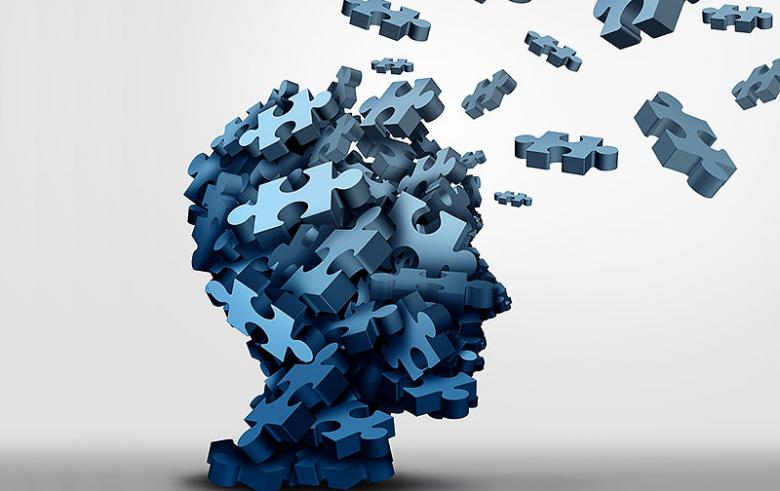Dementia is a syndrome, not a specific disease. This means that the clinical features of dementia, which is now called major neurocognitive disorder, can result from any one of a large group of injuries, infections, or diseases.
Symptoms:
The symptoms of dementia can include one or more from a list that includes memory failure, diminished ability to keep multiple tasks in mind simultaneously and divide attention between them, problems with language comprehension or expression, trouble understanding spatial orientation, impaired executive function, and inaccurate decoding of others’ nonverbal cues.
Dementia symptoms vary depending on the cause, but common signs and symptoms include:
Cognitive changes:
- Memory loss, which is usually noticed by a spouse or someone else
- Difficulty communicating or finding words
- Difficulty reasoning or problem-solving
- Difficulty handling complex tasks
- Difficulty with planning and organizing
- Difficulty with coordination and motor functions
- Confusion and disorientation
Psychological changes:
- Personality changes
- Depression
- Anxiety
- Inappropriate behavior
- Paranoia
- Agitation
- Hallucinations.
Facts about dementia:
Here are some common misconceptions about Alzheimer’s disease and its parent term, dementia.
1. Alzheimer’s is a type of dementia, but they are not interchangeable.
Alzheimer’s and dementia are often paired together. This leads to the confusion that they are separate entities, but in fact, Alzheimer’s is actually a subset of dementia. I think it helps to think of dementia as the tree and Alzheimer’s, vascular dementia, Lewy body dementia, secondary dementias, etc. as the extending branches. Nonetheless, Alzheimer’s is the most common type of dementia, accounting for 60-80 percent of all dementia diagnoses.
2. Dementia is not just a “memory loss” disease.
The American Psychological Association made this very important distinction in its latest edition of the Diagnostic and Statistical Manual of Mental Disorders (DSM-5). In the previous edition, one of the required criteria for a dementia diagnosis was memory loss. However, the current edition now directs clinicians to broaden their search and identify impairment across several cognitive domains. These domains include learning, language, executive function, complex attention, perceptual motor function, and social cognition.
🔥29 Views





